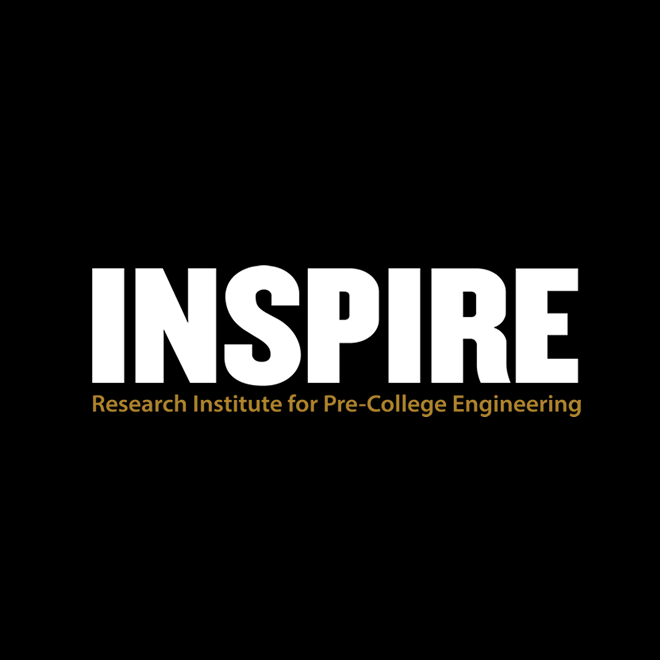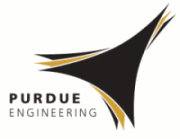Abstract
Pre-college experiences both inside and outside of the classroom inform students’ interest in science, technology, engineering, and mathematics (STEM)-related activities, help them evaluate their knowledge and skills in various tasks, and shape their perceptions of themselves as individuals who can participate in STEM. Yet little empirical research examines the valuable pre-college knowledge, practices, and skills that minoritized students acquire through their home experiences and how they can support students’ transition into an engineering pathway. This study addresses this gap by investigating how students’ funds of knowledge support their interest in engineering, self-efficacy beliefs, and certainty of pursuing an engineering major. Data for this study came from a diverse group of first-year engineering students. A serial mediation analysis confirmed that first-year students’ tinkering knowledge from home supports their beliefs about doing well in their engineering coursework, which in turn helps their certainty of majoring in engineering. Seeing a connection between experiences at home and what is being taught in engineering coursework and the ability to draw from home experiences to solve an engineering task supported minoritized students’ self-efficacy beliefs, interest, and certainty of majoring in engineering. Our study demonstrates how diverse first-year engineering students’ everyday household knowledge and skills serve as assets for pursuing an engineering degree. Practical strategies are discussed to promote minoritized students’ funds of knowledge (i.e., tinkering knowledge from home, perspective taking, and mediational skills) to science practices and the engineering design process outlined in the Next Generation Science Standards.
Recommended Citation
Verdín, D.,
Smith, J. M.,
&
Lucena, J.
(2021).
Funds of Knowledge as Pre-College Experiences that Promote Minoritized Students’ Interest, Self-Efficacy Beliefs, and Choice of Majoring in Engineering.
Journal of Pre-College Engineering Education Research (J-PEER), 11(1), Article 11.
https://doi.org/10.7771/2157-9288.1281
Included in
Engineering Education Commons, Science and Mathematics Education Commons, Secondary Education Commons


